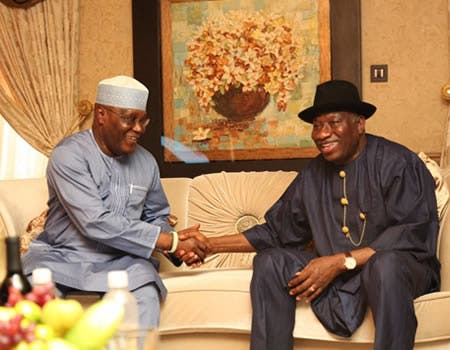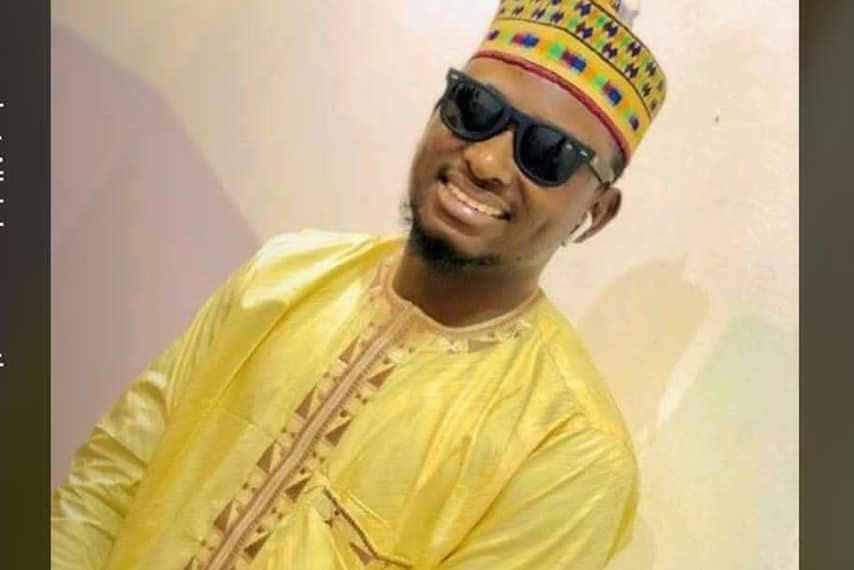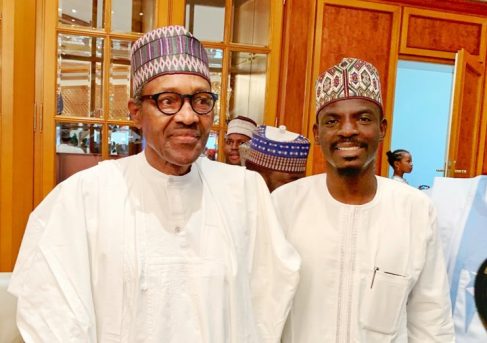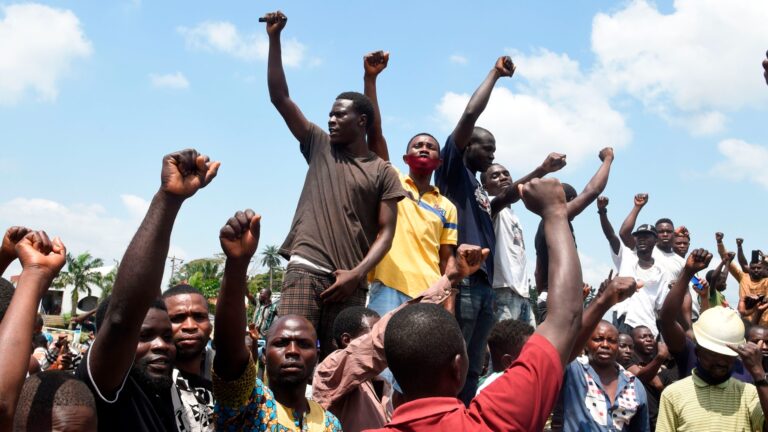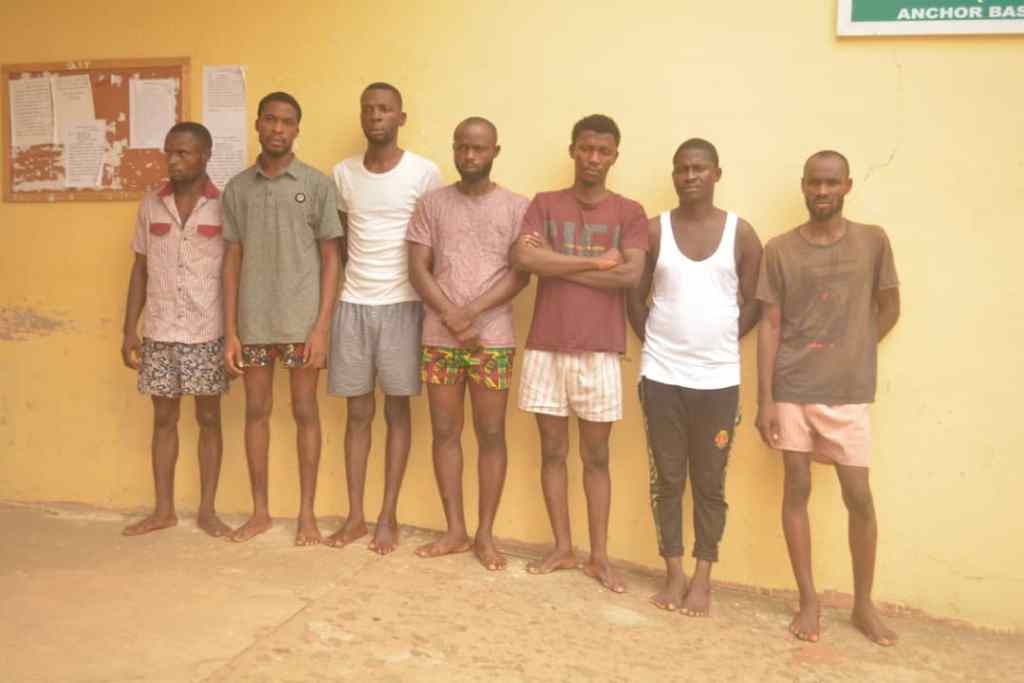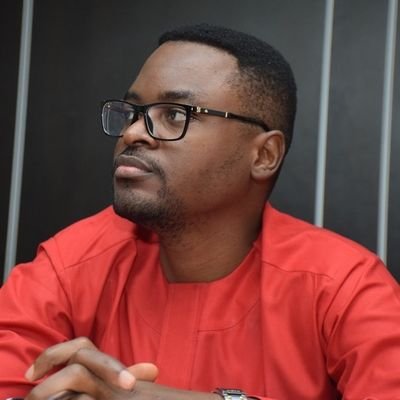Ibe Pascal Arogorn, Owerri Seven persons have been arrested in Imo state, over alleged stealing of vehicles, days after they were said to have been released from prison on the same offence. The state Police Public Relations Officer, PPRO, Orlando Ikeokwu, disclosed this to newsmen yesterday in Owerri. Ikeokwu, said their arrest was made possible after the Imo police got a distress call from Aba in Abia state. Given insight on how the Imo police arrested the suspects as well as recover the said stolen car, LEXUS 350 SUV, from the suspects all of who are males. The police said: “On 1st February 2021, based on a distress call from Aba, Abia state, informing the command that some hoodlums snatched one LEXUS 350 SUV, with reg. No. KSF 758 FS, and were believed to be moving towards Imo state. “Upon receipt of the report operatives of the Command’s QUICK INTERVENTION TEAM (QUIT) swung into action. Sequel to some painstaking and diligent investigation, “The QUIT operatives arrested the following; Amado Kennedy, Imo state Igilegbe Chiwendu, Enugu state Nwaorie Moses, Enugu, Godfrey Ntosi, Delta state, Chinedu Agwu, Abia state, Eze obinwane, Imo state, and Ejiofor Egwe, Abia state.” He continued: “However, at the point of arrest, the stolen SUV was recovered from them. It is noteworthy that the suspects were all released from Aba prison after serving their jail term on a similar offence.” On how the suspects operated, the police said: “They all confessed to the crime, and explained their various roles in the gang as follows; While Amado Kenedy, Igilegbe Chinendu and Nwaorie Moses, are the operational members, whose responsibility was to snatch the vehicle. “Godfrey Ntosi, Chinedu Agwu , Ejiofor Egwe and Eze Obinwanne who are all Artisans, is saddled with the responsibility of rebranding the snatched vehicle, removal of tracking and security devices installed in the vehicle, as well as sales of any such vehicle. Moreover, the arrangement is at the advance stage to transfer them to Abia state for further investigations and prosecution.”



